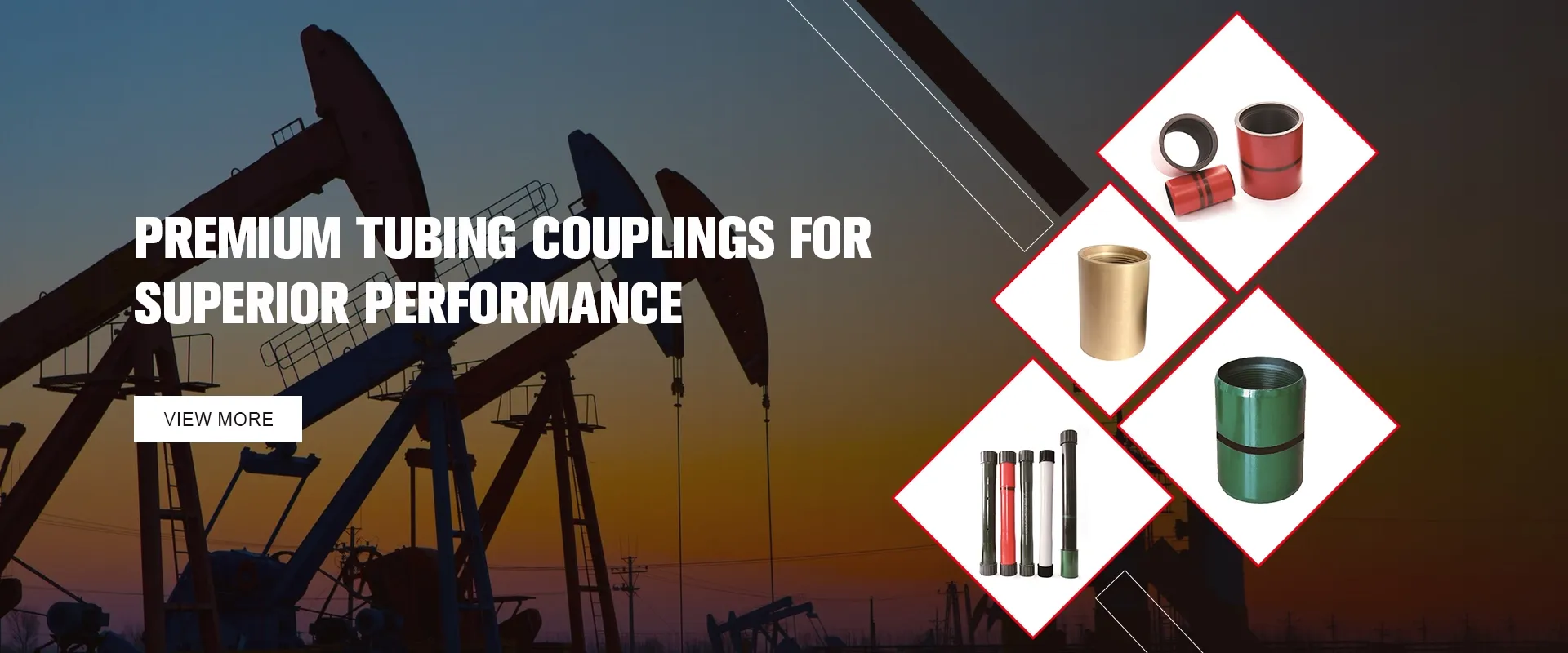- Afrikaans
- Albanian
- Amharic
- Arabic
- Armenian
- Azerbaijani
- Basque
- Belarusian
- Bengali
- Bosnian
- Bulgarian
- Catalan
- Cebuano
- Corsican
- Croatian
- Czech
- Danish
- Dutch
- English
- Esperanto
- Estonian
- Finnish
- French
- Frisian
- Galician
- Georgian
- German
- Greek
- Gujarati
- Haitian Creole
- hausa
- hawaiian
- Hebrew
- Hindi
- Miao
- Hungarian
- Icelandic
- igbo
- Indonesian
- irish
- Italian
- Japanese
- Javanese
- Kannada
- kazakh
- Khmer
- Rwandese
- Korean
- Kurdish
- Kyrgyz
- Lao
- Latin
- Latvian
- Lithuanian
- Luxembourgish
- Macedonian
- Malgashi
- Malay
- Malayalam
- Maltese
- Maori
- Marathi
- Mongolian
- Myanmar
- Nepali
- Norwegian
- Norwegian
- Occitan
- Pashto
- Persian
- Polish
- Portuguese
- Punjabi
- Romanian
- Russian
- Samoan
- Scottish Gaelic
- Serbian
- Sesotho
- Shona
- Sindhi
- Sinhala
- Slovak
- Slovenian
- Somali
- Spanish
- Sundanese
- Swahili
- Swedish
- Tagalog
- Tajik
- Tamil
- Tatar
- Telugu
- Thai
- Turkish
- Turkmen
- Ukrainian
- Urdu
- Uighur
- Uzbek
- Vietnamese
- Welsh
- Bantu
- Yiddish
- Yoruba
- Zulu
casing coupling
The Importance of Casing Coupling in Oil and Gas Operations
Casing coupling, often overlooked, plays a crucial role in the oil and gas industry. It serves as a vital component in the casing string system, which is essential for drilling operations and well integrity. Understanding casing couplings and their significance is imperative for anyone involved in the drilling process or well construction.
Casing itself refers to the steel pipes that are inserted into the drilled well to maintain its stability and protect the surrounding geological formations. These casings are installed in stages, with each stage requiring a coupling to connect the individual pieces of casing. The coupling allows for the easy extension of the casing string as drilling progresses deeper into the earth.
One of the main functions of casing couplings is to provide a reliable and leak-proof junction between sections of casing. Given the high-pressure environments often encountered in oil and gas wells, it is critical that these connections can withstand extreme conditions. Any failure in the coupling can lead to catastrophic consequences, including blowouts, contamination of groundwater, and significant financial losses.
Casing couplings come in various types, including threaded and welded configurations. Threaded couplings are commonly used because they allow for ease of installation and disassembly, which is invaluable during ongoing drilling operations or repairs. On the other hand, welded couplings offer a more permanent solution, suitable for situations where a strong bond is necessary to withstand extreme pressure and environmental conditions.
casing coupling

Material selection for casing couplings is also a vital consideration
. Typically constructed from high-grade steel, the materials must be resistant to corrosion, abrasion, and high temperatures. Advanced coatings and treatments are often applied to enhance the durability of the couplings, ensuring they can withstand the harsh conditions present in many oil and gas reservoirs.Furthermore, the quality control of casing couplings is paramount. Rigorous testing and inspection processes are in place to ensure that every coupling meets industry standards. Non-destructive testing methods, such as ultrasonic and magnetic particle inspection, are employed to identify any potential defects in the material before they are deployed in the field.
The importance of casing couplings extends beyond mere structural integrity; they also play a significant role in the overall safety of oil and gas operations. Well-designed and properly installed couplings can greatly reduce the risk of operational disasters, thereby safeguarding both personnel and the environment.
In conclusion, casing couplings are integral to the success and safety of oil and gas drilling operations. Their ability to provide reliable connections between casing sections ensures well integrity, facilitating safe and efficient resource extraction. As the industry continues to evolve, ongoing advancements in materials and technologies will only enhance the performance of these critical components, ensuring that they meet the growing demands of oil and gas exploration in increasingly challenging environments. Understanding and investing in high-quality casing couplings is essential for any operator aiming for success in this competitive field.
-
Tubing Pup Joints: Essential Components for Oil and Gas OperationsNewsJul.10,2025
-
Pup Joints: Essential Components for Reliable Drilling OperationsNewsJul.10,2025
-
Pipe Couplings: Connecting Your World EfficientlyNewsJul.10,2025
-
Mastering Oilfield Operations with Quality Tubing and CasingNewsJul.10,2025
-
High-Quality Casing Couplings for Every NeedNewsJul.10,2025
-
Boost Your Drilling Efficiency with Premium Crossover Tools & Seating NipplesNewsJul.10,2025







